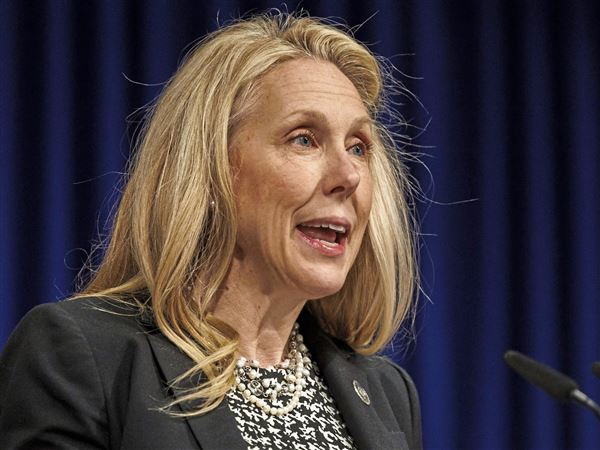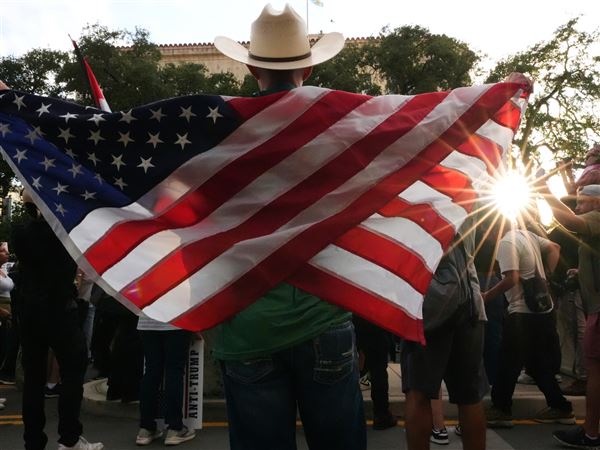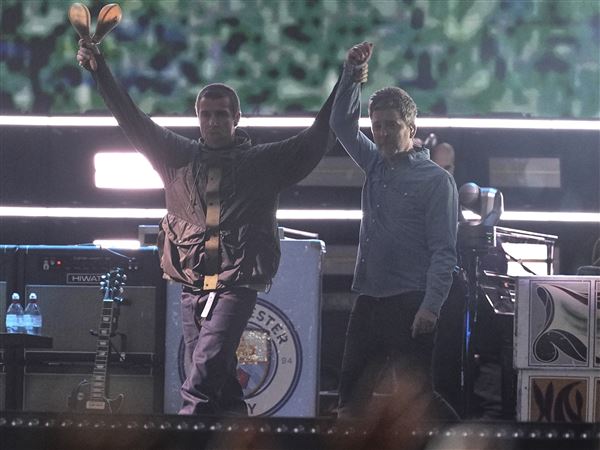Things have gotten so bad at the Central Intelligence Agency lately that some people are tempted to feel sorry for it.
Two weeks ago, its inspector general fingered ex-director George "Slam Dunk" Tenet as bearing "ultimate responsibility" for the absence of a unified defense against al-Qaeda and its Sept. 11 plan.
By Tim Weiner
Doubleday ($27.95)
In 2004, Congress ordered the nation's once premier investigative operation to investigate itself in the aftermath of the terrorist attacks. It did, then, in true CIA tradition, classified the report. Congress then had to kick it in its covert backside to bring the findings to the public.
Current CIA director, Pittsburgh's own Michael "What Fourth Amendment?" Hayden, released the report "reluctantly." He's also the guy who gave us the formerly secret warrantless eavesdropping program.
In his whiny statement accompanying the study, Hayden issued this stunning sentence:
"This is an organization that is self-aware, self-critical, and, to a great degree, self-improving."
No snickering, please.
After reading Tim Weiner's eye-opening tour through the CIA's house of mirrors, Hayden's absurd remark made perfect sense. The agency has been kidding itself and the country since the day it was established.
Right off the bat, its mission was impossible in a democracy based on openness in government, forcing it to lie, cover up and cater to politics in order to create an appearance of legality and to protect itself. Weiner, who has reported on America's intelligence community for 20 years, has used his experience to good advantage.
Launched in the murky days after World War II by President Truman, its ostensible purpose was to gather intelligence in the confusing and evolving postwar world. Yet, in the spirit of "Wild Bill" Donovan and his Office of Strategic Services, the cloak-and-dagger outfit of World War II, the CIA also embarked on a long, very troubled clandestine spy campaign.
Things went sour from the start, setting a pattern of CIA operations that Weiner lays out in clear and compelling detail. No matter how many dollars and men the agency used to inform and defend this government and hamper others, it often fell short.
Presidents since Truman have attacked the agency for its failings and vowed reforms, but the CIA always resisted.
After the shock of 9/11 and realization that Tenet's basketball-analogy claims of Iraq's weapons of mass destruction were wrong, the agency was reconfigured in 2004 and now answers to a new director of national intelligence.
Weiner wrote the book with full attribution and accompanied it with 200 pages of notes, some worth a volume of their own. Sources included former directors Richard Helms, William Colby, Robert Gates, now U.S. secretary of defense, and the bruised Tenet.
The written sources are impressive as well and include recently declassified files about the CIA's work in Guatemala, efforts that produced a 40-year reign of terror in that Central American nation.
Weiner's relentless recounting of agency blunders, lies, willful ignorance and self-serving retreats to curry presidential favor has even drawn a wail of complaint from the CIA itself.
An Aug. 6 press release claims the book "overlooks, minimizes or distorts agency achievements."
In fact, Weiner does cite successes and lauds the bravery and intelligence of numerous agents, many of whom died on various fool's errands.
Much of the CIA's intelligence was accurate; it was the White House that often rejected it when it didn't follow policy. Then, demonstrates Weiner, the agency would tailor the intelligence to fit the policies of the president.
That behavior says all we need to know about the CIA's inadequate performance -- politics. The issue was never incompetence or alcoholism or inattention, but spinelessness in the face of presidential demands.
Can an open democracy also contain a secret, amoral and independent spy organization?
Weiner's book answers with a resounding "no."
First Published: September 2, 2007, 4:00 a.m.
















